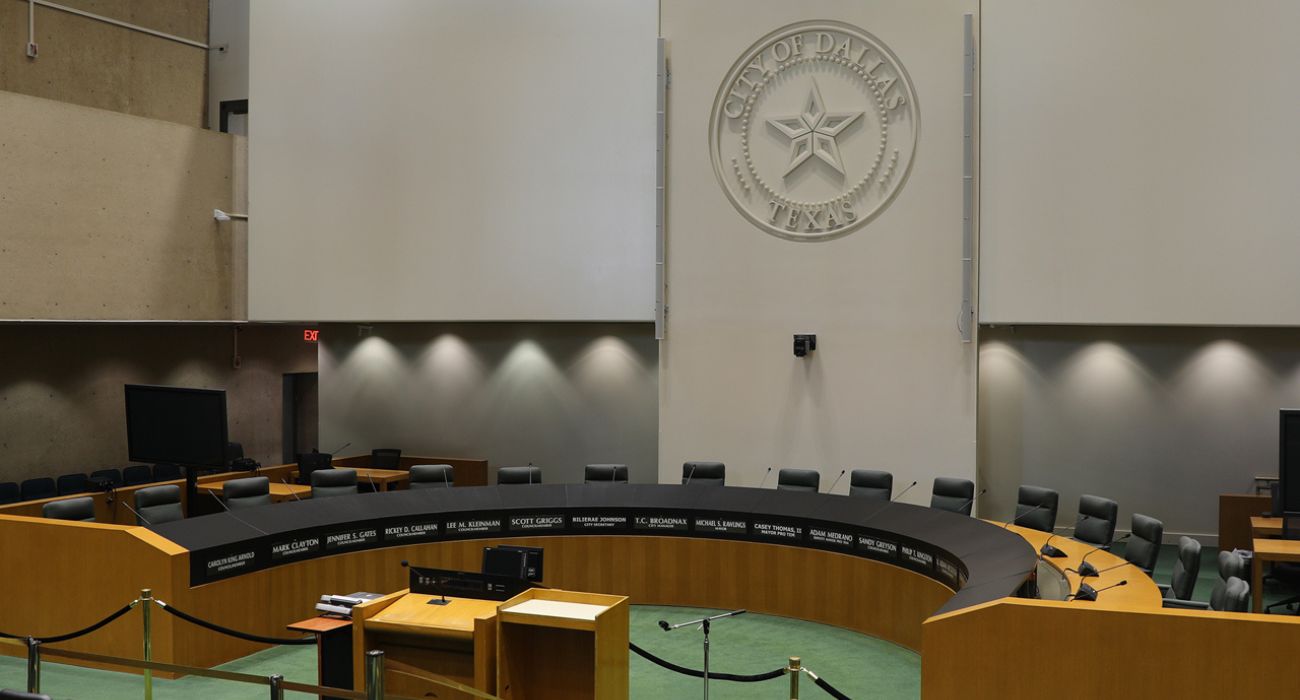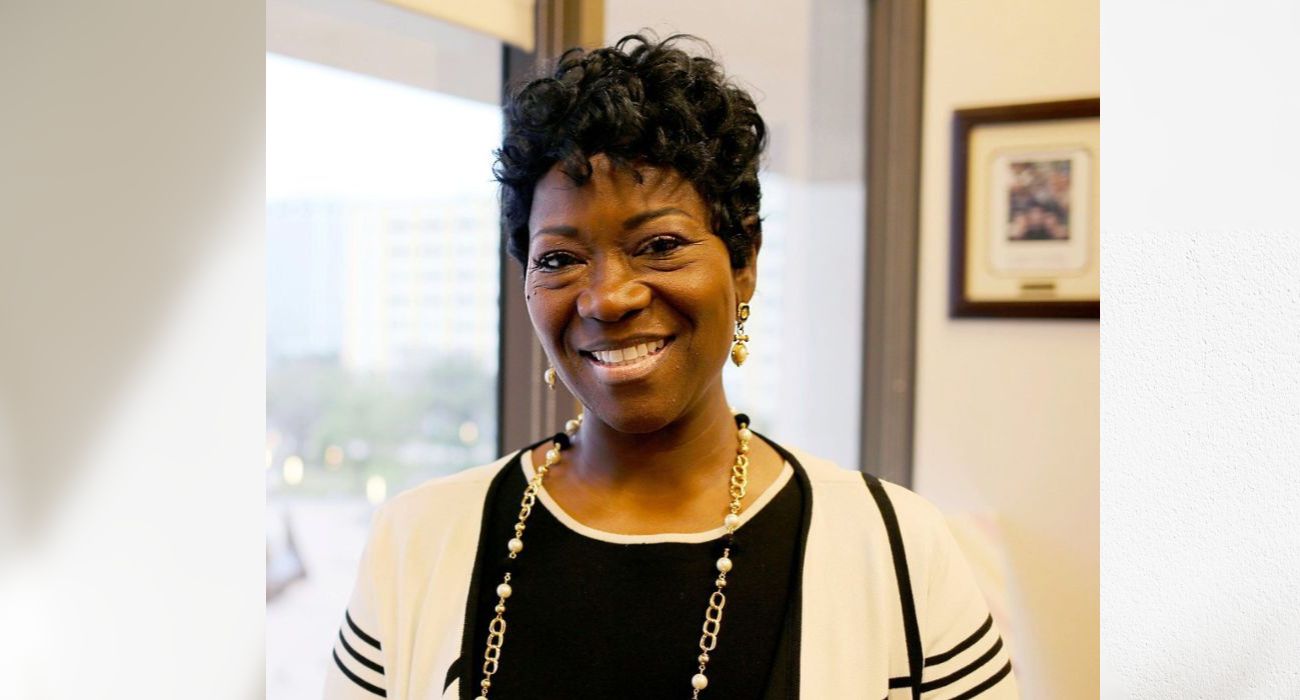Days after The Dallas Express found that Deputy City Manager Kimberly Tolbert blocked the news outlet on X, City officials still haven’t responded to questions about whether they believe Tolbert violated the company’s First Amendment rights.
Appointed interim city manager by the Dallas City Council in a 12-2 vote on February 26, Tolbert blocked DX on or before April 6. It was on this day that the news outlet published the third installment of an investigative series into her purported left-wing political leanings, which included her sharing and liking content critical of police and showing support for policies that help unlawful migrants remain in the United States.
She was also endorsed by Next Generation Action Network — a Dallas-based activist organization whose founder, Dominique Alexander, has a lengthy criminal record.
Tolbert is expected to succeed City Manager T.C. Broadnax on May 4 in the interim role while the Dallas City Council continues its search for a permanent city manager. Her salary has been set at $367,683.
Over the past 30 years, Tolbert has worked for the City in several capacities, including as Broadnax’s chief of staff, during which time she called herself “the City Manager’s top trusted advisor.”
Several council members were adamant in their support of her becoming interim city manager upon Broadnax’s resignation, including Omar Narvaez (District 6).
“I support Kimberly Tolbert for this interim position,” he said. “She started with this city as an intern 30 years ago, and she has worked across this entire city … giving her heart and her mind and her soul in the spirit of excellence. She believes in Dallas. Dallas should believe in Kimberly Tolbert — that she can get us through the opening that we’re about to have. This is not a rush to permanency. I want to make sure the public understands that.”
Adam Bazaldua (District 7), one of eight council members Broadnax said asked him to resign between February 14 and February 21, also expressed his support for Tolbert.
“We have some big shoes to fill in my eyes, and that’s my opinion,” he said. “I believe the direction the city is headed is a positive one. I believe in the spirit of what the interim should be. I believe that Kimberly is the best choice for that. In my experience working with her, she knows the city inside and out, knows the departments inside and out, the institutional knowledge of this city, and the inner workings of this city as an organization.”
Meanwhile, Tolbert has attended several committee and board meetings in Broadnax’s absence since he became a finalist for the city manager’s position in Austin. His first day on the job there is scheduled for May 3.
Neither he nor Tolbert has been responsive to DX‘s requests for comment since Broadnax’s resignation. On Thursday, the news outlet asked every council member and Mayor Eric Johnson to explain their positions on how important it is for the next city manager to communicate effectively with not only members of the press but Dallas residents. They did not immediately respond.
DX also asked the Dallas City Attorney’s Office to weigh in on Tolbert blocking the news outlet on X. A representative did not respond by publication.
Reuters reported in March that the U.S. Supreme Court has set a new standard to determine if public officials who act in a governmental capacity when blocking critics on social media have violated the First Amendment — a constitutional right that prevents government actors from limiting individuals’ rights to free speech.
Justices opined in Lindke v. Freed that when a government official blocks citizens from their social media accounts in an attempt to censor comments critical of their positions on issues or job performance, it constitutes government retaliation and is, therefore, a violation of the First Amendment. It should be noted, however, that the First Amendment applies only to government action — not private enterprise.
In Lindke v. Freed, the matter centered on when an official should be treated as a government actor.
“The Supreme Court has said a public employee meets the state action requirement ‘while acting in his official capacity or while exercising his responsibilities pursuant to state law,'” according to a legal sidebar drafted by the Congressional Research Service. “This test can include individuals who purport to exercise government authority, such as a deputy sheriff who consistently referred to his government authority even when working at a private-sector job.”
Tolbert appears to be using her X account in her official capacity as deputy city manager. It is worth noting, however, that DX‘s X account has not commented on any of her posts but merely followed her account.






